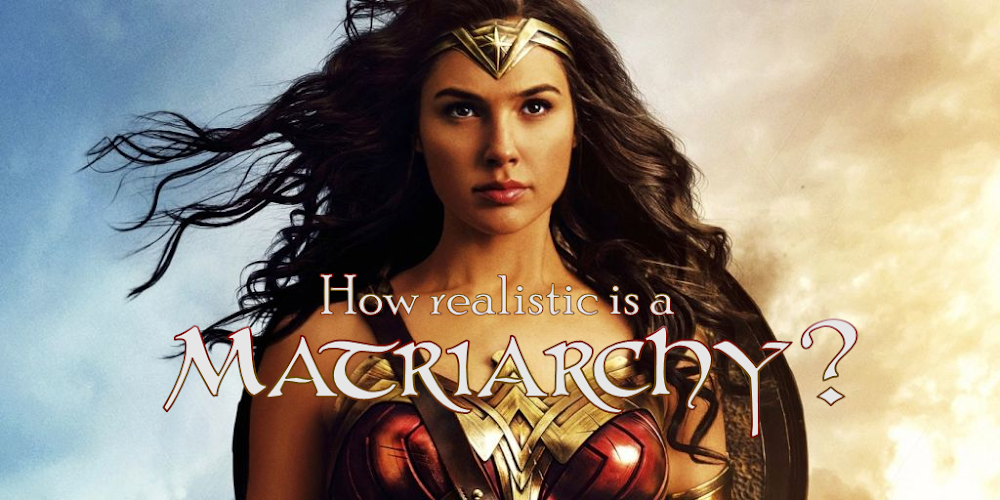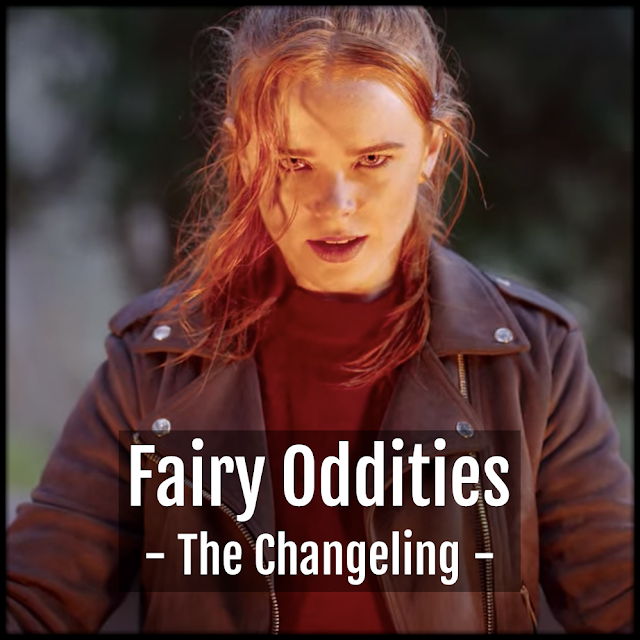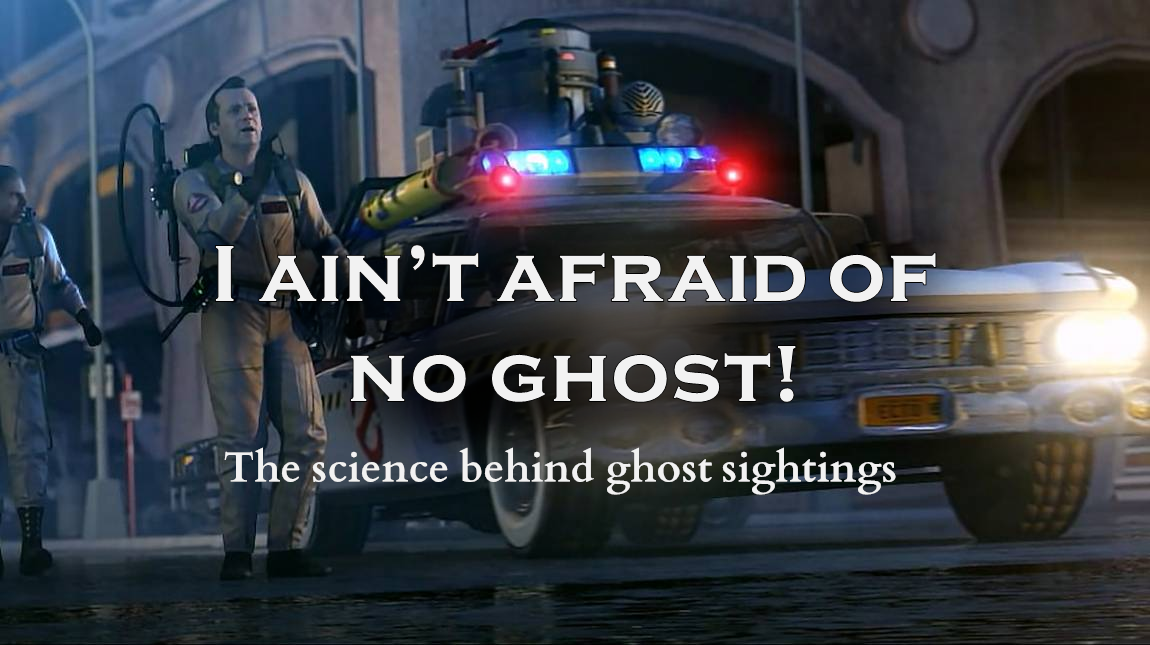Lost worlds - Our take on the trope
Some of you may have wondered what good is looking at old myths and legends – the answer is always inspiration, of course. And to lead by example, here’s how lost civilization stories inspired us. We may investigate more mysterious places and such later on because it’s an inexhaustible source for posts and inspiration, but for now, exciting times are ahead of us.
First, let me remind you all, that our debut novel, Shackles of the Storm is currently on pre-order and coming on the 13th of June. If you are interested, you can buy the ebook at every major retailer, or go big and get a paperback copy from Amazon or IngramSpark. It took an enormous amount of work to create, with still more left to do to get it out for you guys, but everyone started somewhere, right?
I. A world of pantsers
Shackles of the Storm is the first book in a series we named „Spirits of Seiran”. While a lot of writers start the writing process with world-building, we just sat down on a rainy Saturday a few years ago, and threw some ideas at each other, eventually ending up with a few sketches on paper. We really wanted to move away from the typical high fantasy setting, like dwarves and elves and dragons, but I had enough of vampires as well back then. After listening to a ton of songs from Myrath, we settled with a desert setting and djinns, then I sketched Zaira in my mind, Darr created Ezair and we started drafting. This is the pantser way I guess.
But as we dug into our story we needed to expand our world to fit it. The idea of ancient ruins was in our mind for a while, but at first, only as interesting add-ons with no particular meaning. Then a friend of ours said that he (along with a LOT of readers) has a fondness for long-lost civilizations with nothing but remnants standing the test of time, giving a constant air of secrets to be revealed to both the characters and the readers. And with that, another huge plot point was born.
II. A world under the sand
During the story, the world of Seiran is reminiscent of North Africa and the Sahara, with dunes and rocks, a huge port at the northern shores and savannah on the southern borders, and a jungle beyond that. Pretty cool, huh? But, it wasn’t always the case. Originally, about 2000 years ago Seiran had a Mediterranean climate with lush gardens, fields of green, and flowing rivers. It was a vast and mighty empire, and in the middle there lied the legendary city of An Sheezan, where the king ruled. It was also an era of magic with the knowledge of creating magical artifacts, used by mejai much more powerful than those who had come since.
But there was a cataclysm, and the fertile land became a desert, An Sheezan had sunk into the sand, and the empire fragmented into the eight conflicted provinces you can read about in the book. No one really knows what happened, so the people see it as an act of the gods, descending to punish them because they were arrogant and corrupted. According to some, however, the gods promised a New Garden should they find humans worthy again, which motivates a lot of characters in various ways in the story.
Sadly I can’t tell you what really happened with the Old Garden, because that is a major plot point in the overall story … but it wasn’t gods. Not literally at least.
Sounds familiar? It should. Similar themes of human arrogance punished by the divine feature heavily in both the story of Atlantis and Iram, cities sinking under something (the sea for one case, the sands for the other). But regurgitating the same thing is boring, so we put a few twists on that. For one, the tales have concrete evidence about some parts. The ruins of the Old Garden are everywhere, so the question isn’t if it really existed, but what exactly happened to it. People are constantly reminded about the splendor of the lost age, so much so they added a postscript to the original tale about a loophole – or a bargain if you stick with the grief metaphor Darr mentioned in a previous post. They only need to be worthy, and everything goes back to how it was, the lost city emerges, the lands regain their riches and rainbow and sunshine. They don’t look for this lost land, because they know it’s gone, but await its return. Putting such a simple trick as concrete ruins and a promise of return on the old tale makes quite a few differences.
III. A world before, a world after
One could think this is enough ancient civilizations for one series, right? Wrong!
I’ve read things about the Mayan calendar and their mythology too. Remember the 12.21.2012. thingy? It inspired films, books (also video games… Nothing is true, everything is permitted… - Darr) Some conspiracy theorists actually believed it the end of the world, or a planetary shift or sometning along those lines, but reality is no less inspiring.
The truth is, Mayans were thinking in cycles. One world is destroyed, but a new will emerge from the ashes. This was such a fascinating and rich idea, we plain out made a whole religion in Seiran based on this cycle theme. Then we went further, as pantsers do, and started thinking – what if it isn’t just a religion. What if there was something… before the Old Garden? Like, a whole other cycle? Dun dun duuuun! And this, is my friends, where things went out of control. It gave us a whole new spin on the lore of the djinns (fixing some holes, so we’re not complaining), but I admit I’m a bit nervous about how readers will receive this element. This element is more prevalent in the second book, but to hook you in, we’ve added a short teaser at the end of SotS featuring a hint at this unknown world more ancient than the ancient civilization.
This is one of the elements I love in our world and in our books, and I could talk about it for hours, but it becomes gradually more difficult to not tell any spoilers, so it’d be best if I stop now.
If you don’t want to miss the launch, and upcoming blogposts, consider subscribing to our newsletter just left from this post! No, a bit higher… There you go. You’ll even get the first five chapters for free, to see how you like it before you buy, and we also feature other great books from great people.
See you soon!
Cheers,
Lory







Comments
Post a Comment